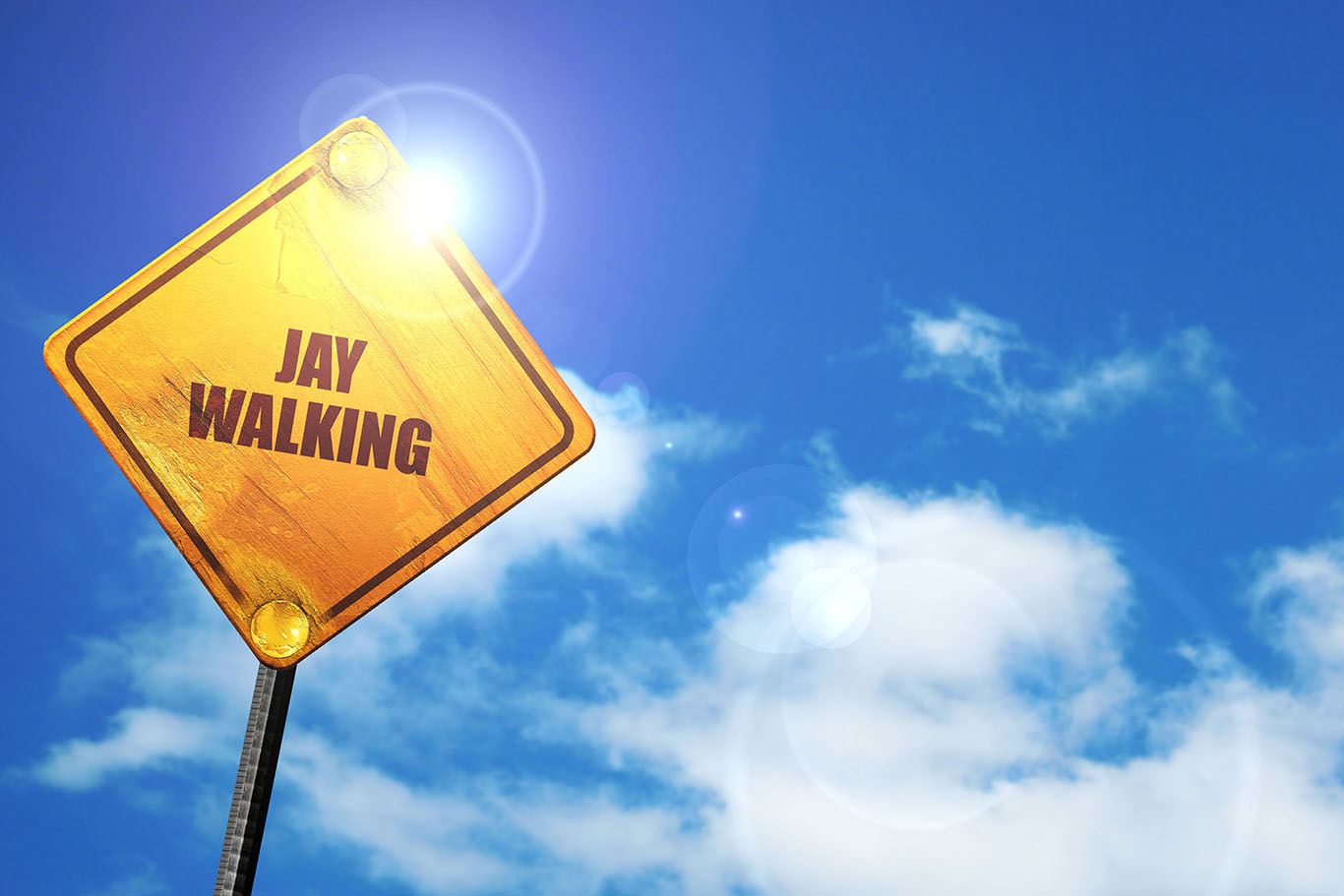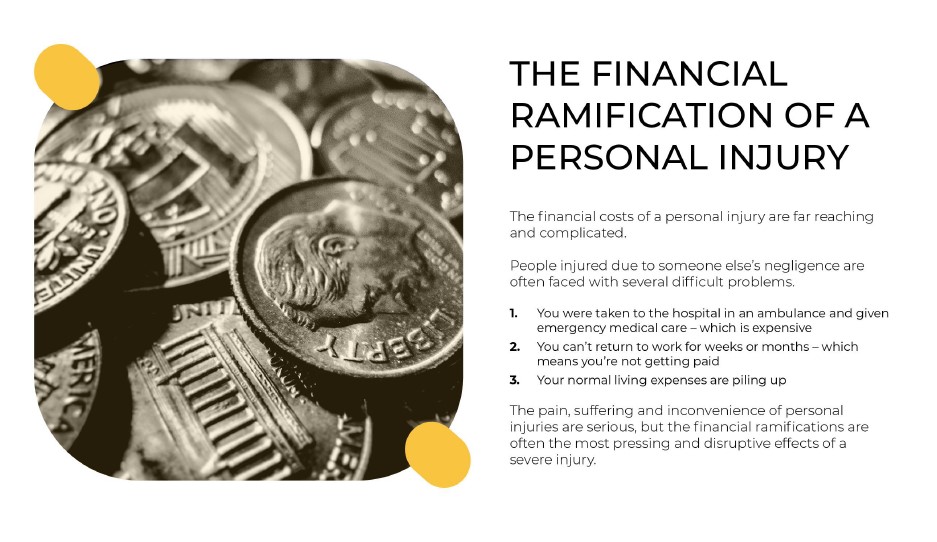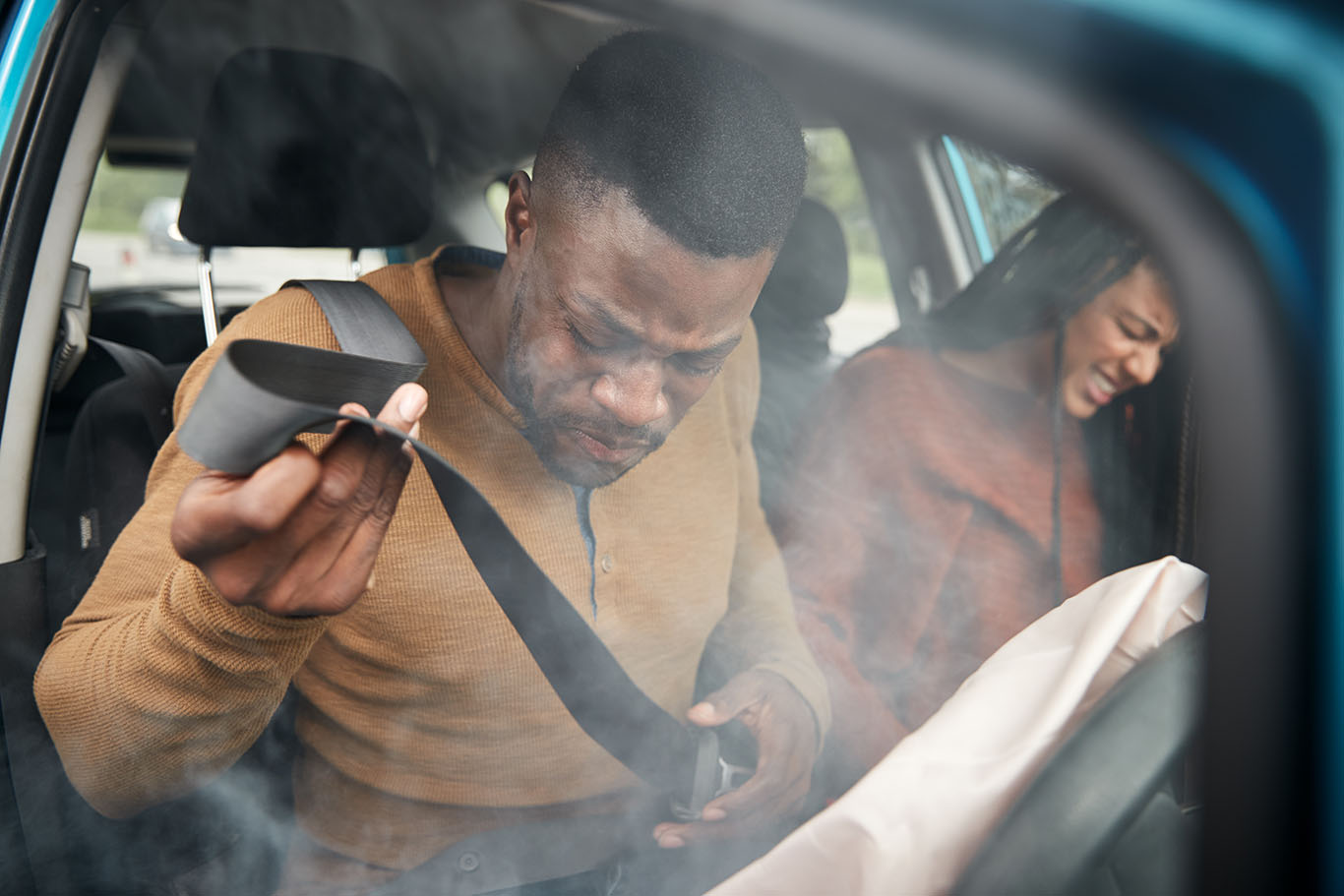
Can Pedestrians Hit While Jaywalking Sue for Damages?
January 13, 2021
The Financial Ramification of a Personal Injury
January 13, 2021Who Pays for Passenger Injuries in an Auto Accident Case in Florida?

- The driver of the vehicle in which the passenger is injured is normally responsible for medical costs if the injured person is a member of the driver’s household. The driver’s personal injury protection (PIP) insurance coverage should pay for up to 80 percent of treatment costs.
- If you’re injured as a passenger in someone else’s vehicle but you have auto insurance coverage for your own vehicle, your own PIP insurance will cover the cost of your injuries – even though you weren’t driving your vehicle at the time of your injury.
- If you are injured as a passenger in someone else’s vehicle and you don’t own a vehicle but someone else in your family/household DOES have PIP coverage, your family member’s PIP insurance may cover the cost of your injuries.
- If you don’t own a car or you don’t have insurance for your car and no one else in your household has PIP coverage, you can file a claim against the insurance of the driver of the vehicle you were in.
The above rules also apply to pedestrians or bike riders who are injured by a motorist. Pedestrians are covered by their own PIP insurance, or a family member’s PIP insurance, if they have it. If the pedestrian has no available PIP coverage, the driver responsible for the accident may be liable for medical costs.
Florida drivers are not required to extend their own PIP coverage to family members, but they can elect to do so.
PIP coverage, regardless of whose it is, will also cover up to 60 percent of the injured person’s lost wages (up to the policy limit).
In many situations PIP benefits must be claimed within 14 days of an accident. If you’re ever injured in an auto accident, it is vital you seek medical care as soon as possible to secure this benefit.
Florida’s personal injury protection law, as it pertains to passengers injured in car accidents, are convoluted and confusing. That’s why many people who are injured while riding in someone else’s vehicle turn to auto accident injury lawyers for advice and guidance.
What If a Passenger Isn’t Covered by Any PIP Coverage or the Available Coverage Isn’t Enough?
The minimum personal injury protection (PIP) coverage legally allowed for drivers in Florida is $10,000, but estimates suggest approximately a quarter of all Florida motorists are uninsured.
The PIP limit is shared among all the injured vehicle occupants eligible to receive the benefit. If the accident was serious enough to cause injuries, $10,000 may not be enough to pay for 80 percent of the driver’s medical costs and the medical costs of all the injured passengers.
You may be able to sue the driver of the other vehicle if your injuries “pierce the tort threshold” – also known as the no-fault threshold. Drivers and passengers may also be able to sue for non-economic damages such as pain and suffering.
What Is a No-Fault Threshold?
In a no-fault state like Florida, each driver’s insurance coverage pays for their own injuries and the injuries of any passengers eligible to receive PIP benefits. The only way a car or truck’s driver or their passengers can take the other driver to court for economic damages is if their injuries meet certain requirements. These requirements can be found in Florida statute 627.737 Tort exemption; limitation on right to damages; punitive damages.
In Florida, an injury must cause:
- Significant and permanent loss of an important bodily function
- A permanent injury of some kind (according to a doctor’s reasonable long-term diagnosis)
- Significant permanent scarring or disfigurement
- Death of the driver or passengers in the vehicle
What Exactly Does Significant Mean?
Making the case that an injury is significant or causes some important permanent loss of function is often left up to personal injury lawyers. Some lawyers are better than others at arguing that a driver or passenger’s injuries pierce that no-fault threshold.
What if your ability to grip things is permanently hindered by an auto accident injury?
A reduction in hand strength might not be considered a permanent loss of an important bodily function by an insurance adjuster or judge.
What if that loss of dexterity will negatively affect your livelihood or prevent you from pursuing your hobbies? In that case, a loss of hand strength could be considered a significant loss of bodily function.
Whether or not you succeed in negotiations or prevail at trial may depend on how well your lawyer can make the case that your injuries should be considered significant.
The law in Florida says “significant” for a reason – it’s subjective. What is or isn’t significant can vary based on the person or on the seriousness of the injury. There aren’t any clear-cut measures of injury severity because there are a limitless number of personal injury scenarios, and there’s no one-size-fits-all rule that will result in fair outcomes for every auto accident.
What If I’m Injured as a Passenger in a Taxi or Rideshare?
Receiving compensation is sometimes easier for passengers in a taxi. Taxis are more heavily regulated than rideshares and they are required by Florida law to carry $125,000 of bodily injury liability coverage per person and $250,000 per accident.
If you’re riding in a taxi and you’re injured in an accident, you, the driver and all the other passengers will likely be able to share that $250,000 instead of the $10,000 you’d have if you were just riding in a privately owned passenger vehicle.
Rideshare accident injuries can be a bit more complicated. In some rideshare accident cases the passengers in a rideshare will need a lawyer to prove the Lyft or Uber driver was negligent to gain access to special Lyft or Uber coverage, or they may still be eligible to receive compensation from their own insurance or the PIP coverage of a family member.

